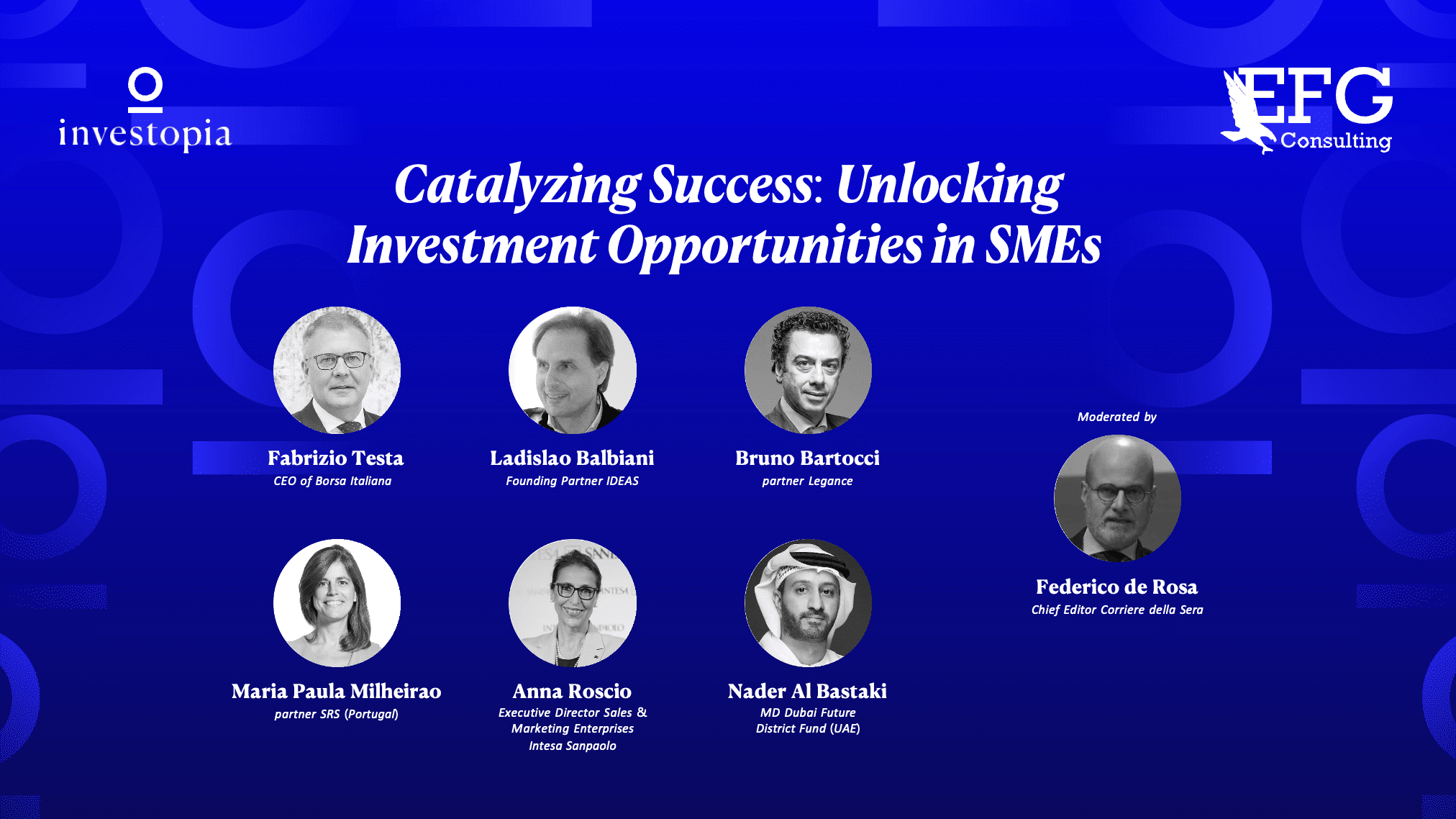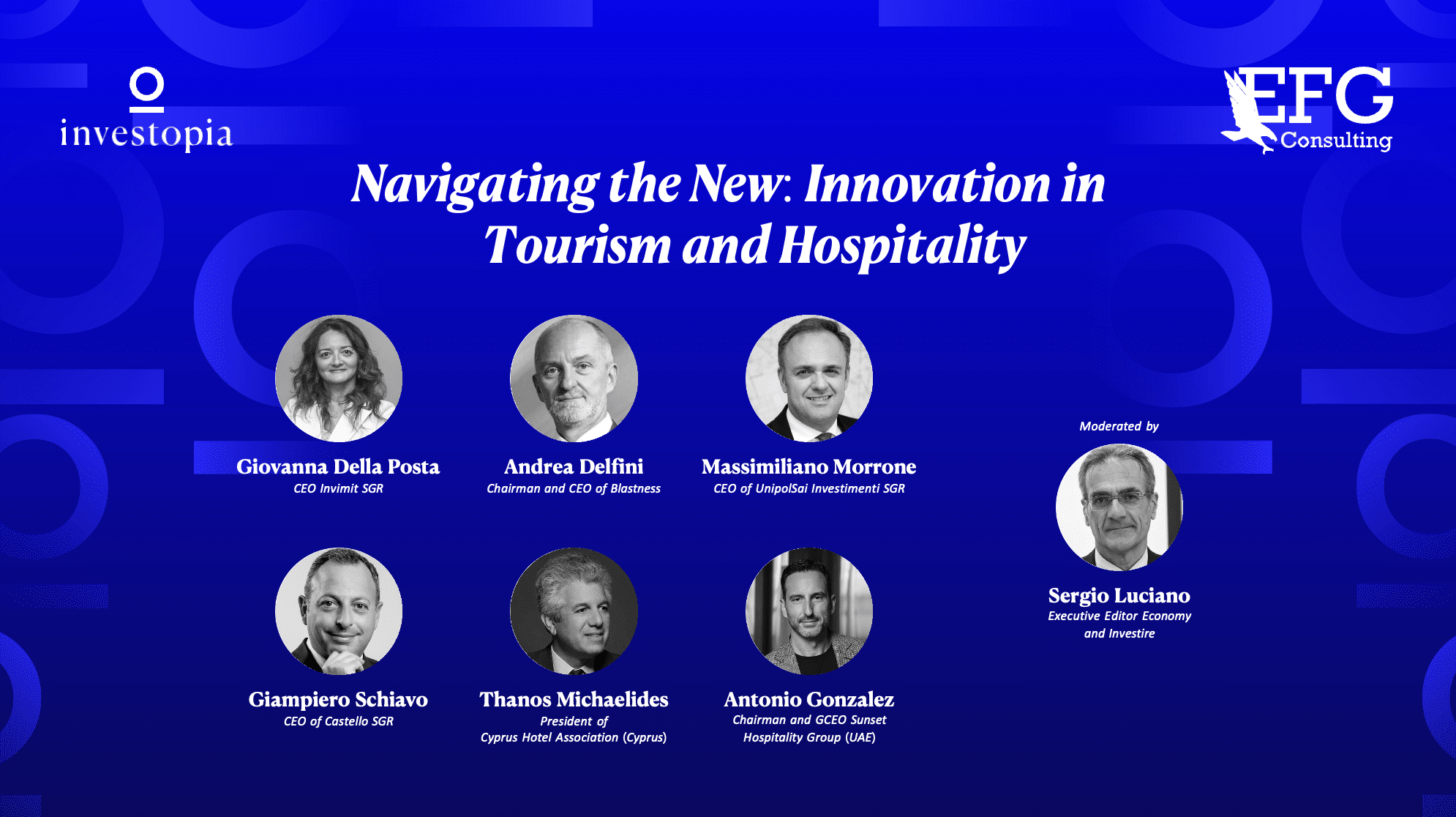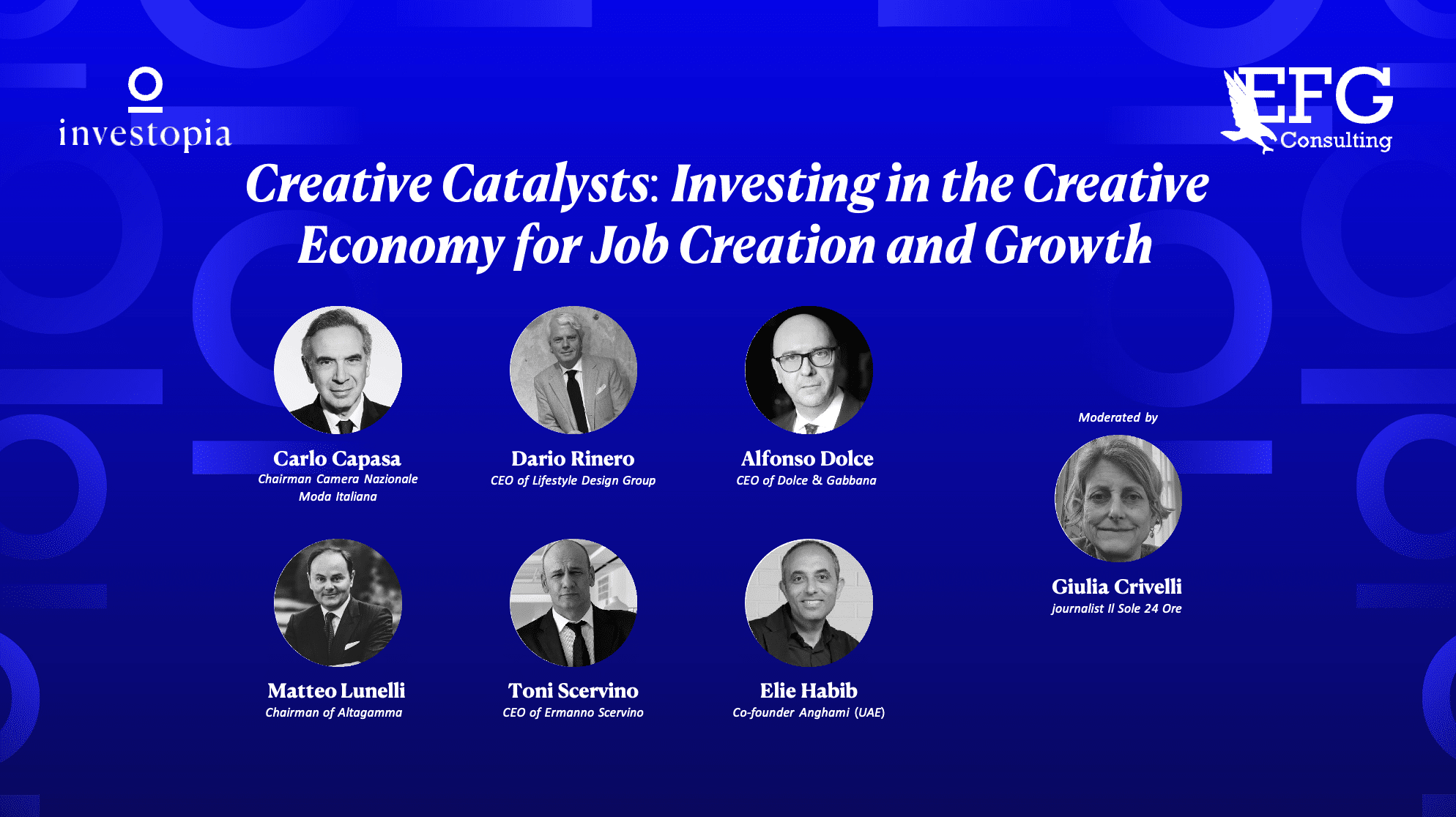Session Speakers:

Dr. Noah Raford
Managing Partner - Advisory at EMIR
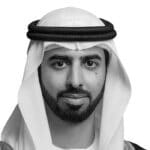
H.E. Omar Al Olama
Minister of State for Artificial Intelligence, United Arab Emirates

Jane Poynter
Founder, co-CEO and CXO, Space Perspectives

Kyle Clark
CEO, BETA Technologies
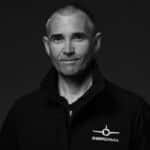
Val Miftakhov
Founder and CEO, ZeroAvia
Share
Listen to this content
Key Takeaways
- The future of mobility lies in electric and hydrogen-powered aircraft. ZeroAvia, a UK-based aviation company, is developing hydrogen-electric, large aircraft that will go large distances and reduce CO2 emissions by about 80%.
- ZeroAvia has developed core technologies such as fuel cells and motors and has completed the first stage of ground tests for larger engines. It aims to build hydrogen plants for commercial aviation, starting with 10-20 seat aircraft.
- Space Perspectives aims to take on unprecedented numbers of people into space by using space balloons to expand the capacity of people being carried. The company is looking for the first international location to fly from in 2025 and can launch from both land and sea.
- The UAE government aims to mobilize its system for transporting people and cargo in the air by 2026. The government's job is not to be a roadblock but rather to lay down the red carpet for everyone and provide opportunities for dreamers to achieve their goals.
In the Mobilizing New Economies session at the Investopia 2023 conference, industry experts discussed the future of mobility and its vital role in building a sustainable future. The session was moderated by Dr. Noah Raford, former adviser on futures, foresight, and innovation in the UAE Prime Minister’s Office.
The panel featured a range of experts from the mobility sector, including Jane Poynter, founder and co-CEO of Space Perspectives; Val Miftakhov, founder and CEO of ZeroAvia; Kyle Clark, CEO of BETA Technologies; and H.E. Omar Al Olama, Minister of State for Artificial Intelligence in the United Arab Emirates.
One of the key themes that emerged from the session was the role of AI and technology in logistics. H.E. Omar Al Olama spoke about the need to regulate the negative aspects of technology while also creating opportunities for innovation. The UAE’s approach is to provide a sandbox model for testing new technologies while developing homegrown solutions. For example, DP World is working on automating port operations, while Dnata is automating airport logistics.
Kyle Clark, CEO of BETA Technologies, discussed the potential for electric cargo and logistics. His company makes electric aircraft for cargo that produce zero operational emissions, which is attractive to the cargo and logistics industry. Clark argued that electric cargo and logistics technology is already here, and the regulations need to catch up.
Val Miftakhov, founder and CEO of ZeroAvia, discussed the potential of hydrogen as a sustainable fuel for aviation. ZeroAvia is producing large-scale hydrogen plants for commercial aviation, starting with 10-20 seat aircraft. Miftakhov argued that hydrogen is the most accessible fuel to build infrastructure, and once the technology is available, the transition to hydrogen-based aviation could be rapid.
Jane Poynter, founder and co-CEO of Space Perspectives, discussed the future of space tourism. Her company uses space balloons to expand the capacity of people being carried into space. Poynter argued that space travel is here and will soon take on unprecedented numbers of people into space. She also discussed the potential for human activity in space, such as a film studio where conversations could occur and be sent worldwide.
Throughout the session, the speakers emphasized the need for collaboration between the private sector and regulators. Kyle Clark argued that the private sector and regulators want the same thing – safety – and that the data shows that electric battery aircraft are much safer than traditional fuel-based aircraft. H.E. Omar Al Olama emphasized the UAE government’s commitment to supporting innovation and bringing technology to life.
The session highlighted the potential for new technologies and sustainable solutions in the mobility sector. While there are still regulatory and infrastructure challenges to be addressed, the panelists expressed optimism about the future and the role of collaboration in driving innovation forward.



